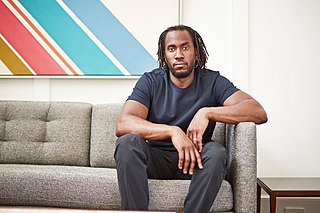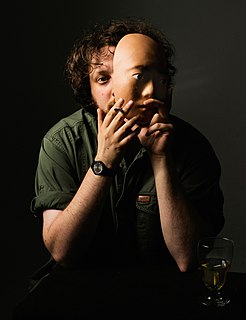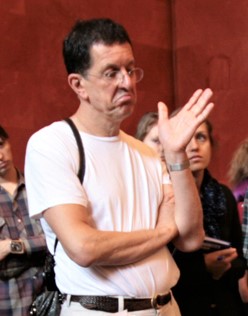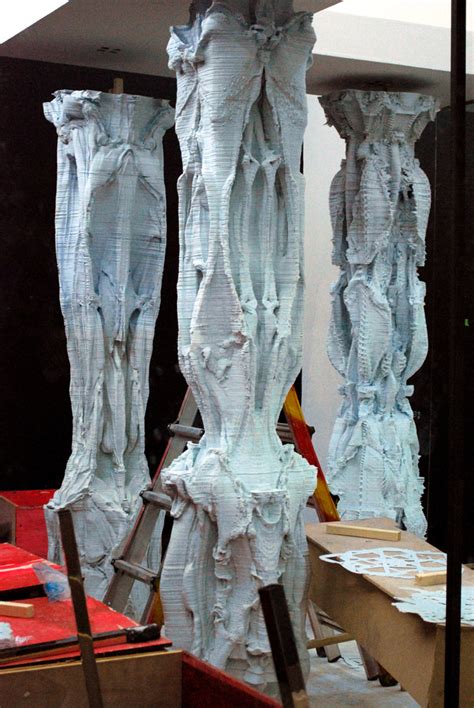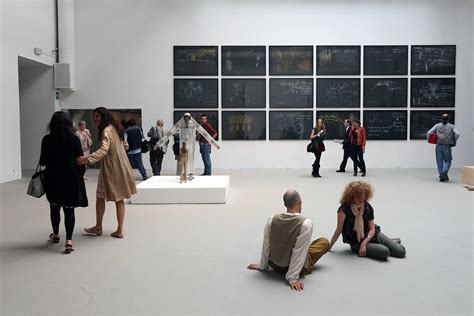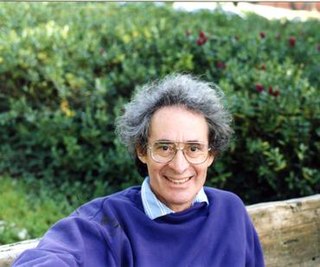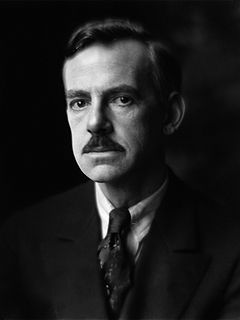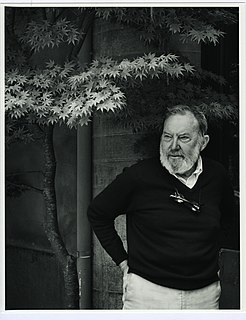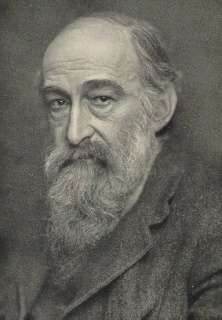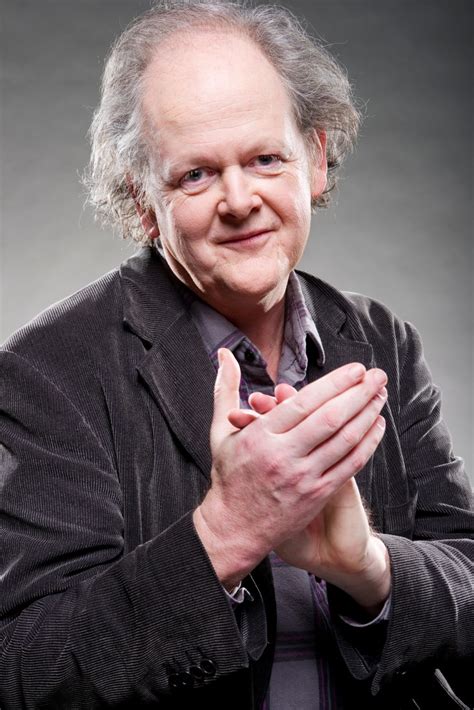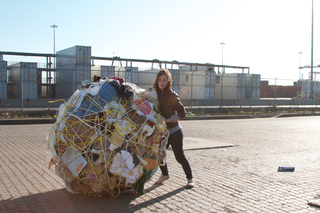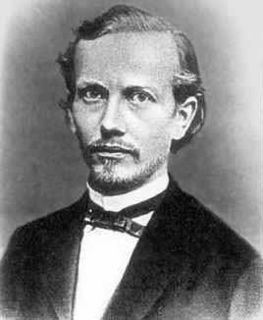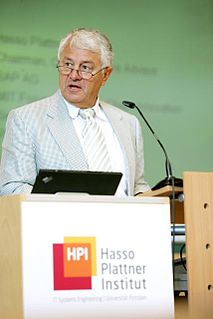Top 1200 Objects Quotes & Sayings
Explore popular Objects quotes.
Last updated on April 17, 2025.
When objects are presented within the context of art (and until recently objects always have been used) they are as eligible for aesthetic consideration as are any objects in the world, and an aesthetic consideration of an object existing in the realm of art means that the object's existence or functioning in an art context is irrelevant to the aesthetic judgment.
My pictures are devoid of objects; like objects, they are themselves objects. This means that they are devoid of content, significance or meaning, like objects or trees, animals, people or days, all of which are there without a reason, without a function and without a purpose. This is the quality that counts. Even so, there are good and bad pictures.
It is clear that everybody interested in science must be interested in world 3 objects. A physical scientist, to start with, may be interested mainly in world 1 objects--say crystals and X-rays. But very soon he must realize how much depends on our interpretation of the facts, that is, on our theories, and so on world 3 objects. Similarly, a historian of science, or a philosopher interested in science must be largely a student of world 3 objects.
When he tries to extend his power over objects, those objects gain control of him. He who is controlled by objects loses possession of his inner self... Prisoners in the world of object, they have no choice but to submit to the demands of matter! They are pressed down and crushed by external forces: fashion, the market, events, public opinion. Never in a whole lifetime do they recover their right mind!... What a pity!
In true meditation the emphasis is on being awareness; not on being aware of objects, but on resting as primordial awareness itself. Primordial awareness is the source in which all objects arise and subside. As you gently relax into awareness, into listening, the mind's compulsive contraction around objects will fade. Awareness naturally returns to its non-state of absolute unmanifest potential, the silent abyss beyond all knowing.

